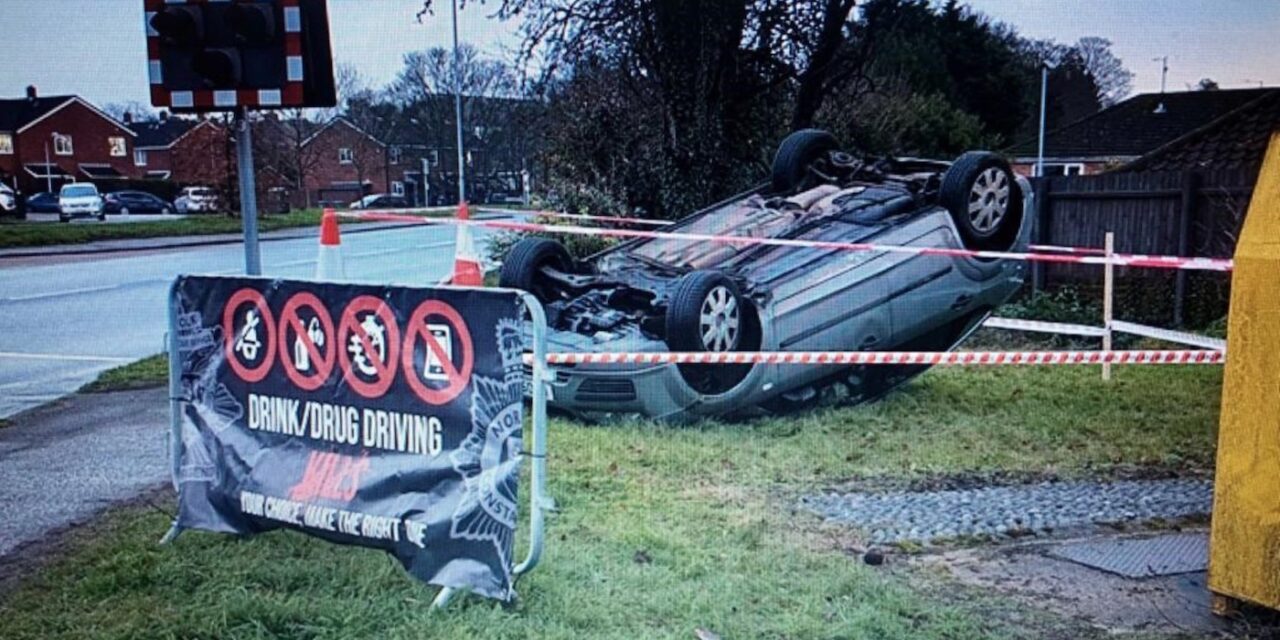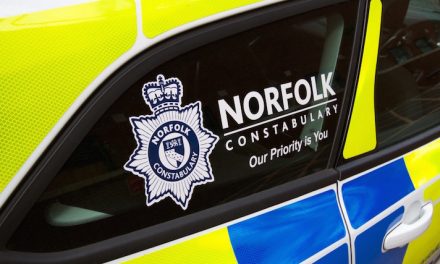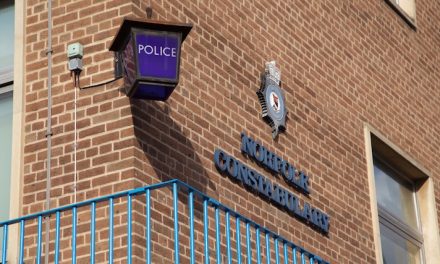Police in Norfolk are once again highlighting the dangers of drink and drug-driving as they support a nationwide campaign.
The week-long initiative begins today, Monday 23 August (running until Sunday 29 August) and is coordinated by the National Police Chiefs’ Council, with the aim of protecting other road users from the harm caused by those who drink and/or drug drive.
The campaign will see officers from the joint Roads and Armed Policing Team (RAPT) target irresponsible and dangerous drivers in a bid to reduce fatal and serious road traffic collisions.
The campaign will primarily focus on: drivers committing moving traffic offences; drivers suspected of drink/drug driving and as a result of spontaneous calls; premises, locations or areas where intelligence suggests drivers are offending; and drivers involved in collisions.
Analysis from the National Road Policing Intelligence Forum (NRPIF) has found that:
Drink-driving is predominantly a young male problem (drivers aged under 30)
Most motorists commit drink-drive offences between 7pm and 6.59am
Studies have shown drinking is increasing generally among women, with research suggesting that those over 35 have little awareness of the number of units in a glass of wine
Drugs can affect driving in numerous ways, ranging from slower reaction times, erratic and aggressive behaviour, an inability to concentrate properly, nausea, hallucinations, panic attacks, paranoia, tremors (or ‘the shakes’) to dizziness and fatigue
Combining drugs can have dramatic and unpredictable effects on a user’s state and ability to drive
Combining illegal drugs with alcohol is especially deadly, since it has been found that drivers who have consumed both are 23 times more likely to be involved in a fatal crash than sober drivers
Chief Inspector Jon Chapman, Head of the joint Roads and Armed Policing Team, said: “As coronavirus restrictions have lifted this summer, we have begun to see more traffic back on the roads again and as a natural consequence of that more offences being committed.
“People can once again go to pubs, clubs and restaurants and also visit the homes of friends and family, which disappointingly creates the increased prospect of individuals taking risks and driving over the prescribed limit.”
“If you choose to take that risk, then you could end up ruining the lives of others including your own. You are many times more likely to be involved in serious collision if over the drink or drug limit and 23 times more likely to be involved in a fatal crash if you have consumed both.
“Ask yourself if you want to be responsible for killing someone and the devastating impact it has on loved ones? If that isn’t enough to deter you, then maybe the prospect of a maximum sentence of 14 years in prison is? Don’t do it, the risk just isn’t worth it.”
Norfolk’s Police and Crime Commissioner, Giles Orpen-Smellie, said: “I wholeheartedly back Norfolk Constabulary in its support of this campaign. The greatest threat to life and limb in Norfolk arises not from traditional crime but from incidents on our roads. Driving under the influence of drugs or drink is one of the ‘Fatal Four’ factors in deaths and serious injuries – alongside speeding, using a mobile phone behind the wheel and not wearing a seat belt.
“Tens of people are killed on our roads each year, with hundreds more seriously injured. The more the police can do to reduce the casualty toll by enforcing the law, the safer all road users will be.”






Recent Comments